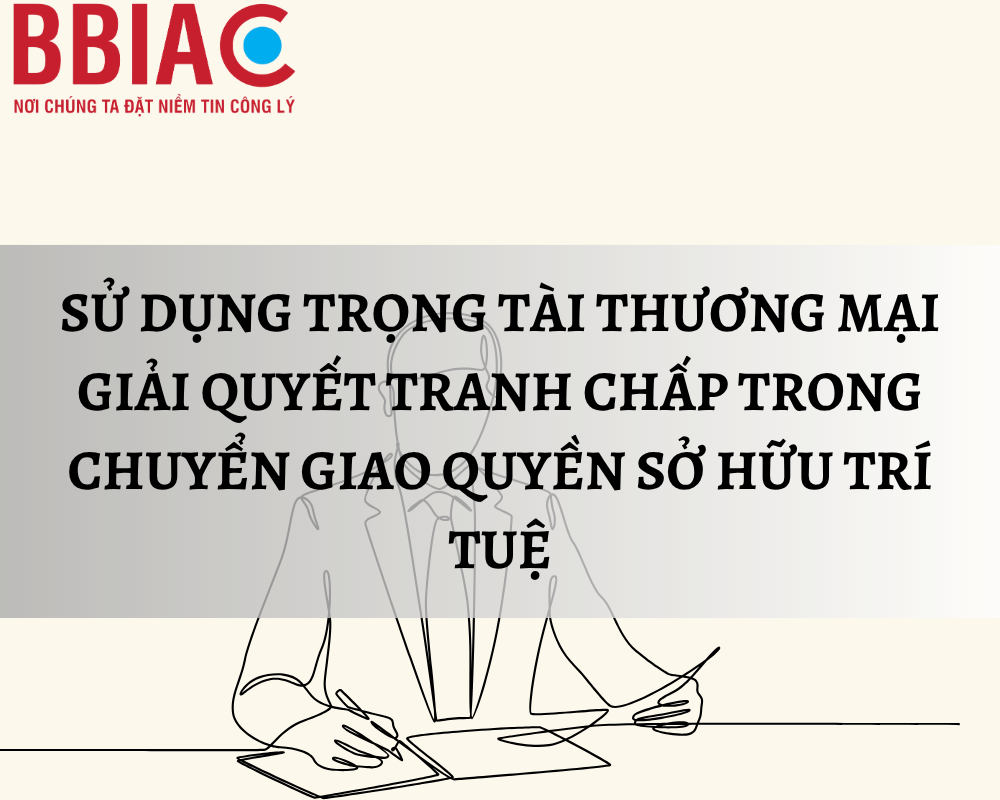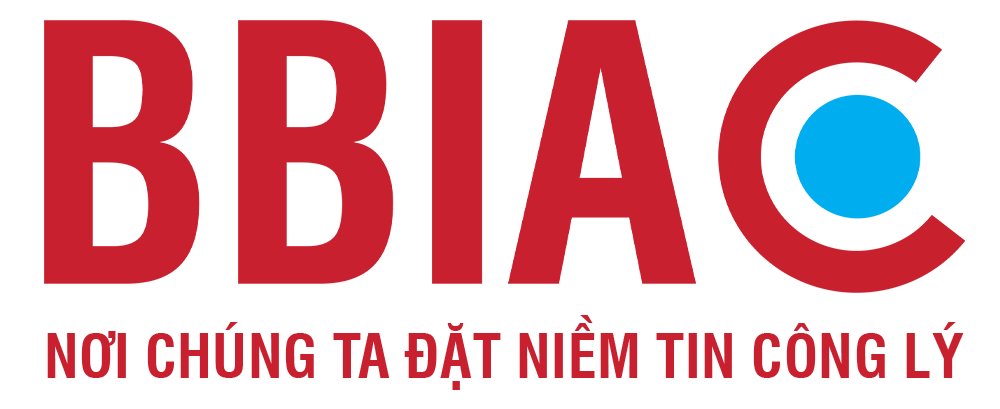Using Commercial Arbitration to Resolve Disputes in Intellectual Property Transfer

1. Overview of Intellectual Property
From a theoretical perspective, intellectual property consists of products created through human research and mental labor, carrying cultural, artistic, scientific, technological, and commercial value. Intellectual property rights (IPR) can thus be understood as a combination of legal norms regulating social relations arising in the creation, establishment, use, and disposition of IP objects in an objective manner. Subjectively, IPR constitutes a set of specific rights and obligations of individuals and organizations concerning IP objects.
According to the law, Clause 1, Article 4 of the Intellectual Property Law provides:
“Intellectual property rights are the rights of organizations and individuals in intellectual property, including copyright and related rights, industrial property rights, and rights to plant varieties.”
Roles of Recognizing Intellectual Property Rights:
- Promote research, creativity, and innovation across all fields;
- Encourage fair competition in the market, facilitating domestic and international business operations;
- Stimulate domestic and foreign investment, promote technology dissemination and transfer, create jobs, and increase workers’ incomes.
2. Disputes in Intellectual Property Transfer
IP transfer is the process where the IP owner, or the transferring party, allows another organization or individual, the receiving party, to exploit and use one or more rights associated with that IP asset.
- Transfer of copyright and related rights is provided in Clause 1, Article 47 of the Intellectual Property Law:
“The transfer of the right to use copyright and related rights is when the copyright owner or related rights holder permits another organization or individual to use for a term, one or several, or all the rights specified in Clause 1 and Clause 3 of Article 19, Clause 1 of Article 20, Clause 3 of Article 29, Clause 1 of Article 30, and Clause 1 of Article 31 of this Law.”
- Transfer of industrial property rights is provided in Clause 1, Article 141 of the Intellectual Property Law:
“The transfer of the right to use an industrial property object is when the owner of the industrial property object permits another organization or individual to use the industrial property object within the scope of their usage rights.”
Disputes in IP transfer are conflicts or disagreements between parties in the contract regarding the transfer of usage rights of IP objects. These disputes arise over the rights and interests of parties concerning copyrights, related rights, industrial property rights, and rights to plant varieties.
3. Choosing Commercial Arbitration to Resolve Disputes in IP Transfer
IP transfer contracts are often concluded for commercial purposes by all parties or one of the parties. Therefore, when disputes arise, the contractual relationship is governed by Vietnamese Commercial Law or the Civil Code.
To resolve disputes, parties may select the forms listed in Article 317 of the 2005 Commercial Law:
“1. Negotiation between the parties.
2. Mediation between the parties by an organization, agency, or individual agreed upon by the parties as a mediator.
3. Resolution by Arbitration or Court.
The procedure for resolving commercial disputes through Arbitration or Court shall be conducted according to the arbitration or court procedures prescribed by law.”
Among these, dispute resolution at arbitration centers has become increasingly common in Vietnam. According to statistics from the Ho Chi Minh City Department of Justice, from 2016 to the present, commercial arbitration centers in the city have handled over 11,150 IP disputes. The popularity of arbitration is due to its flexible, simpler procedures compared to courts, saving time and costs. Moreover, arbitration awards are highly accurate, objective, and possess “final and binding” value, meaning the matter will not be re-litigated by any other body, except in cases where the award is annulled under the law. Thus, arbitration contributes to efficiency and stability in commercial dispute resolution.
To choose commercial arbitration, parties must reach an agreement recorded in the contract, pursuant to Clause 1, Article 5 of the 2010 Commercial Arbitration Law (CAL 2010):
“A dispute may be resolved by arbitration if the parties have an arbitration agreement. The arbitration agreement may be made before or after the dispute arises.”
Under Clause 6, Article 4 of CAL 2010, “An arbitration award is final and binding.” The finality of the award ensures decisive and stable dispute resolution. However, to protect parties’ rights, the law provides for annulment in special cases. Upon request, the Court reviews the grounds for annulment according to statutory procedures and deadlines, ensuring objectivity and fairness. This process enhances transparency, legality, and enforcement efficiency, affirming the advantages of commercial arbitration in fast, effective, and legally recognized dispute resolution.
4. Mechanisms for Resolving Disputes through the Bigboss International Arbitration Center (BBIAC)
To resolve a dispute through commercial arbitration at BBIAC, clients may insert one of the following two clauses into their contracts:
4.1. Model Arbitration Clause
“Any dispute arising out of or in connection with this contract shall be settled by arbitration at the BIGBOSS International Commercial Arbitration Center (BBIAC) in accordance with the Arbitration Rules of Procedure of this Center.”
Additionally, the parties may supplement the clause with:
(a) The number of arbitrators shall be [one or three].
(b) The seat of arbitration shall be [city and/or country].
(c) The governing law of the contract shall be [ ].*
(d) The language of the arbitration shall be [ ].**
Notes:
* Applicable only to disputes involving a foreign element.
** Applicable only to disputes involving a foreign element or disputes where at least one party is an enterprise with foreign invested capital.
4.2. Model Arbitration Clause Applicable to Expedited Procedure
“Any dispute arising out of or in connection with this contract shall be settled by arbitration at the BIGBOSS International Commercial Arbitration Center (BBIAC) in accordance with the Arbitration Rules of Procedure of this Center. The Parties agree that the arbitration proceedings shall be conducted under the Expedited Procedure stipulated in Article 37 of the BBIAC Arbitration Rules of Procedure.”
Additionally, the parties may supplement the clause with:
(a) The seat of arbitration shall be [city and/or country].
(b) The governing law of the contract shall be [ ].*
(c) The language of the arbitration shall be [ ].**
Notes:
* Applicable only to disputes involving a foreign element.
** Applicable only to disputes involving a foreign element or disputes where at least one party is an enterprise with foreign invested capital.
Contact 0979 133 955 for consultation!
